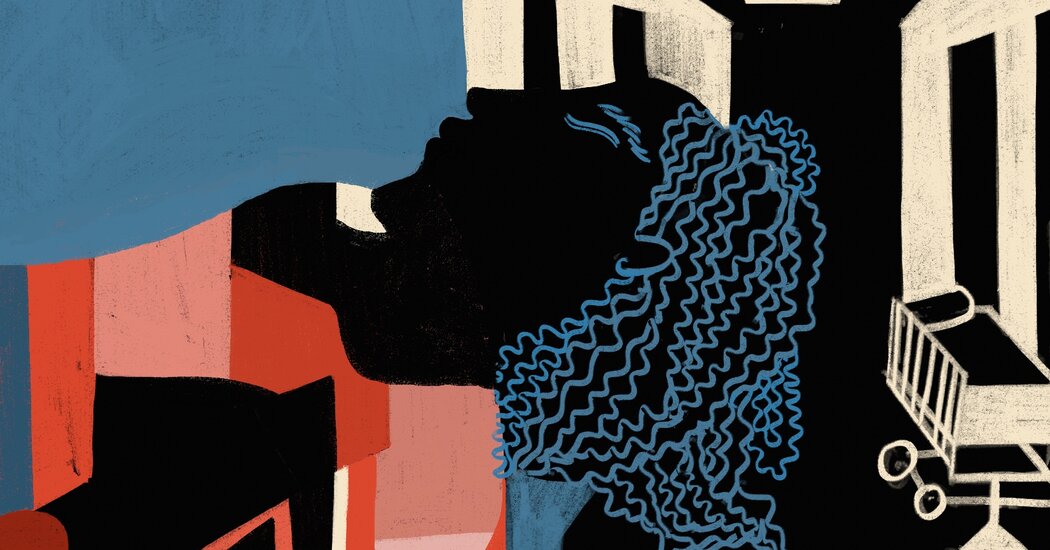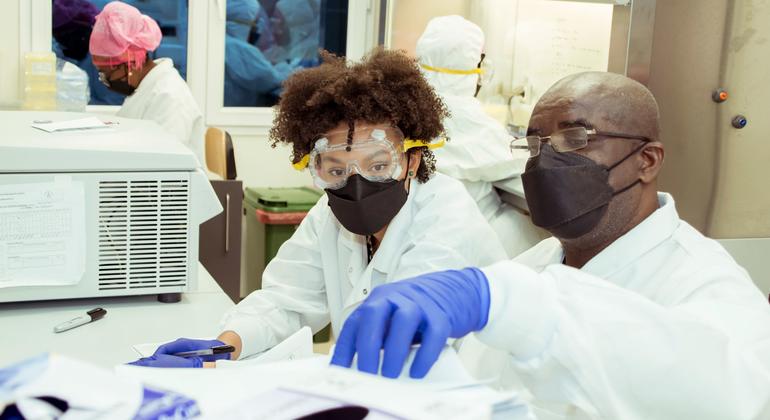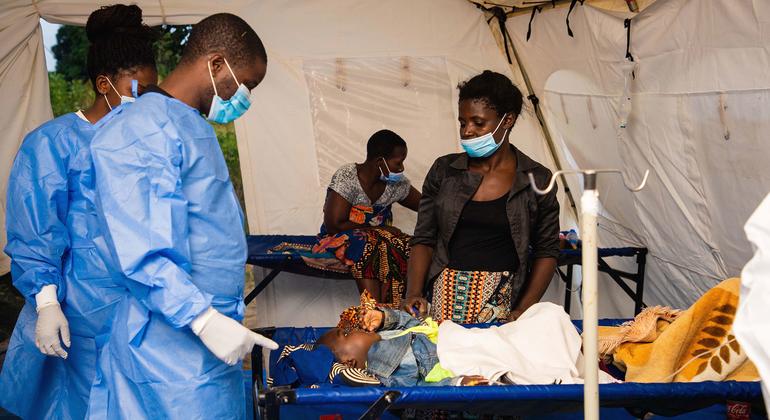Review: ‘Under the Skin,’ by Linda Villarosa

[ad_1]
But despite this wide influence, Villarosa felt the limits of this country’s understanding. I, along with almost every other Black woman of childbearing age I knew, read the piece and talked about it constantly. Trapped in the American narrative of individualism, I took the same ineffectual lessons from it that Villarosa had espoused at Essence: “to work within the medical system and squeeze everything you could” out of it, not to “challenge that system” but to “self-advocate for fair treatment.” I did all this during my own pregnancy, with Landrum’s story at the front of my mind. I took prenatal vitamins religiously; I followed doctor’s orders even when they suggested I should lose weight during my pregnancy; I hired a doula, and found a doctor who looked like me, and chose a hospital renowned for its low rate of cesarean sections. I still ended up in the hospital for a week before my daughter’s birth — a traumatizing time marked by painful medical interventions that I sometimes feel I am still coming to terms with. I had done everything, had “cared enough” in the face of everyone telling me Black mothers didn’t care. Instead of recognizing the external factors of my suffering, I internalized it into shame.
“Under the Skin” offers an alternative understanding of this suffering, for which there is a long history. Black pain is not, and has never been, the fault of the individual, but a result of the structural racism embedded in the practice of medicine in this country. Many doctors avoid confronting this truth. Hearing Villarosa’s account of Landrum’s harrowing delivery, a group of white Midwestern doctors only questioned why Villarosa was allowed in the delivery room at all. “That was your takeaway?” she replied. “The denial of racial bias can be so extreme that no one believes you even when you have the evidence.”
In this eminently admirable book, there are no easy answers or platitudes. Even as Villarosa meticulously outlines the myriad ways Black people have fought for their own health, from social workers to doulas to community organizers, she stays focused on the nature of a structural problem, which cannot be changed through individual choices. In 1992, Villarosa asked Audre Lorde if she agreed that racism in America was “dying out.” In response, Lorde “warned me that when something dies, it doesn’t just fade away; it fights to the death, desperately clinging to life, and goes out ugly.” If racial bias in medicine is receding, Villarosa concludes, it’s certainly “going out ugly.”
UNDER THE SKIN: The Hidden Toll of Racism on American Lives and on the Health of Our Nation, by Linda Villarosa | 269 pp. | Doubleday | $30
Kaitlyn Greenidge is the features director at Harper’s Bazaar and the author, most recently, of the novel “Libertie.”
[ad_2]




